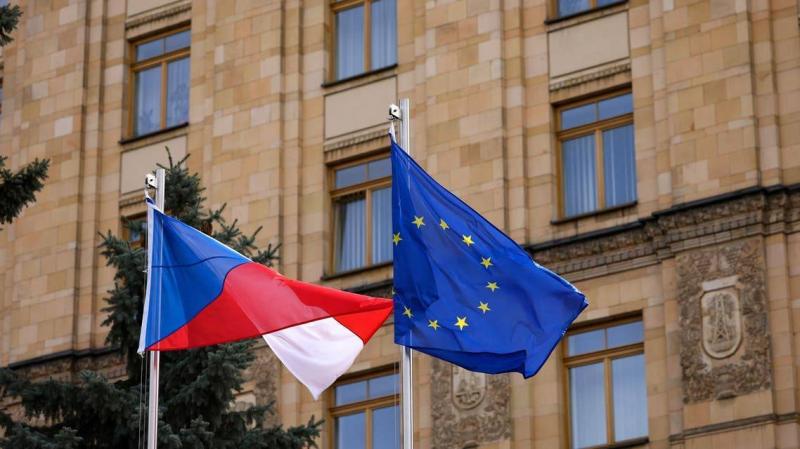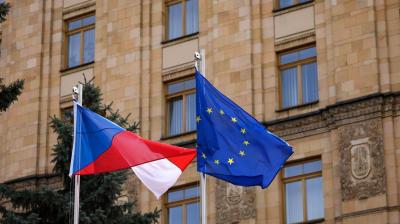After tensions escalated between Russia on one side and Europe and the U.S. on the other due to disagreements over various issues, most notably Russia's military buildup at the border with Ukraine, the EU ambassador in Moscow, Markus Ederer, stated that relations with Russia are at their lowest point since the Cold War.
In detail, the European official explained in a press statement on Thursday that relations between Russia and Europe are becoming increasingly complex, noting that they have significantly deteriorated in recent weeks, referencing the war of diplomatic expulsions that occurred between Russia and several European countries.
Despite this, Ederer pointed out the possibility of mending the situation if the parties agree to do so, suggesting that cooperation is possible in various fields, according to Sputnik agency.
**New Boundaries**
The European diplomat's comments came just hours after Russian Deputy Foreign Minister Alexander Grushko stated that the environmental climate could become a new area for delineation in relations with the European Union. He added during a video conference for the European Business Association in Russia that generalizing environmental issues in the economic development process could transform this area of cooperation into one where there will not only be no unnecessary competition but also new boundary lines would be drawn, as he put it.
**Response and Retaliation**
It is noteworthy that the EU High Representative for Foreign Affairs and Security Policy, Josep Borrell, emphasized last week that relations between Russia and the European Union are not improving; rather, tensions are escalating on various fronts.
Notably, anger intensified after Russia conducted military exercises on its border with Ukraine, raising Western concerns about the outbreak of a new conflict in the region. Moscow considered the measures taken by the United States and NATO in the European region, including increasing the combat readiness of Ukrainian forces and enhancing the forward presence, as escalating the military threat, announcing appropriate countermeasures.
It is worth mentioning that relations between the Kremlin and both the European Union and America have been strained recently due to several hot-button issues, primarily the military buildup in Eastern Ukraine, the ongoing war of expelling and summoning ambassadors among the parties, the case of the opposition leader Alexei Navalny, allegations of espionage, and accusations of election interference directed at Moscow by Washington, among others.




